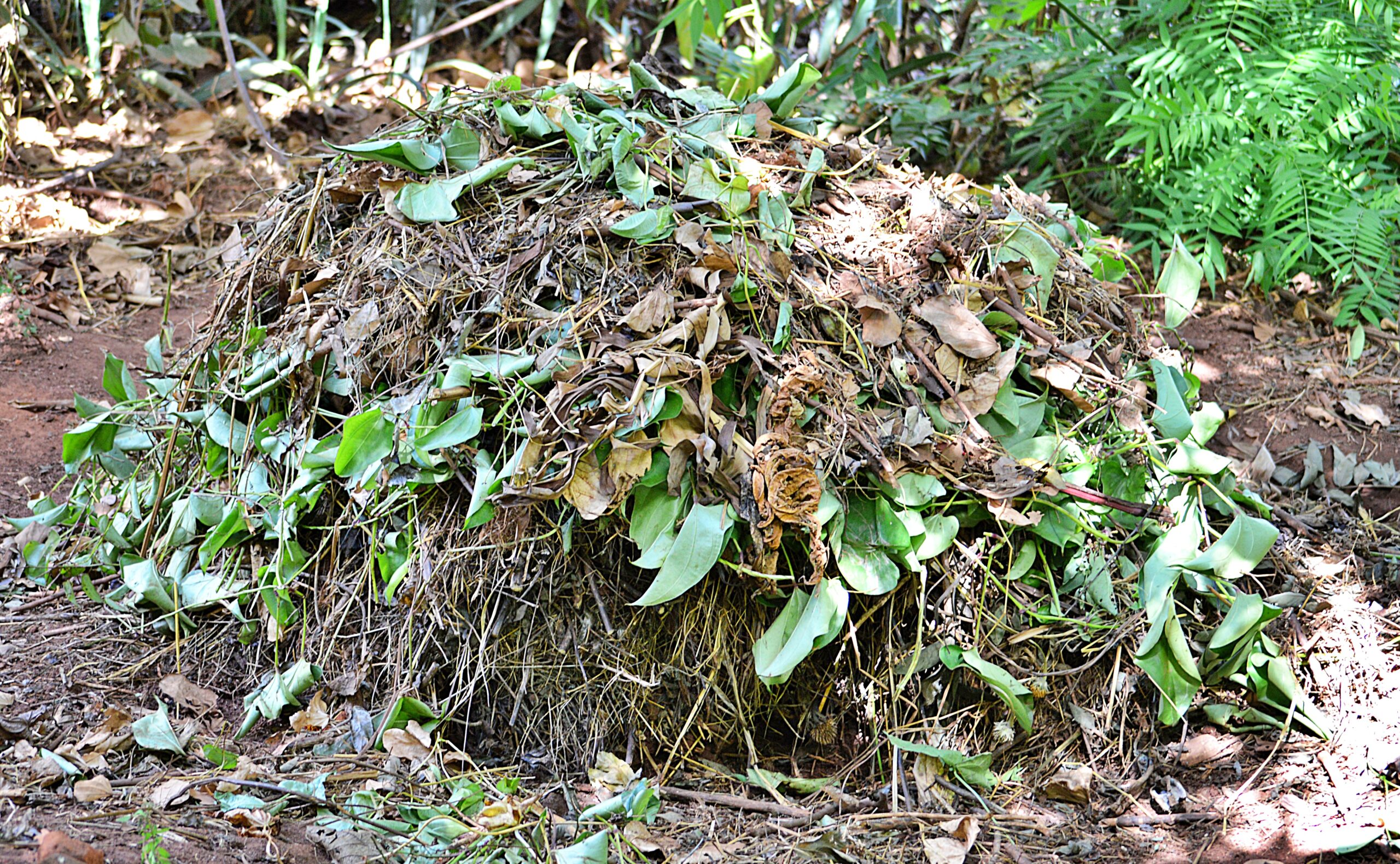
Making compost is simply a way of copying (and speeding up) the processes that are found in most natural ecosystems. When organic matter falls in a forest (e.g. leaves, flowers, manure, grasses, etc.) it begins the process of decomposition. Organic matter is broken down and used in a way which is similar to how we, as humans, eat. The first process is ‘physical breakdown’. We chew our food, and in nature we find small animals, insects, and invertebrates (like worms) acting as nature’s ‘teeth’. They physically break organic matter into smaller pieces. Next is ‘chemical breakdown’. When we swallow our food, the enzymes, acids, and other digestive juices in our stomach work to break this food into nutrients. In nature, we also find enzymes, but also fungi, bacteria, and microorganisms which break organic matter into nutrients. When our bodies need to use nutrients from the food we eat, these nutrients are absorbed into our blood, through our intestines, and carried throughout our body. In nature, nutrients are absorbed through the roots of plants and carried to where they are needed.
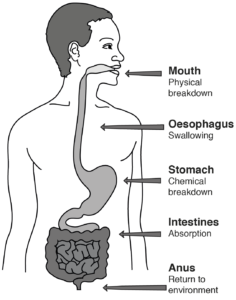
There are many ways to make compost. The job of a good Permaculture Designer is to pick the right ‘tool’ for the job. You can make compost through worm farming, liquid manure, or composting toilets. You can also use bins, pits, barrels, heaps, or commercial units. Here at Never Ending Food we use a combination of many of these ‘tools’. For basic compost piles, however, we find the ‘heap’ method to be the easiest. This simply involves stacking a variety of organic matter into layers on top of the ground.
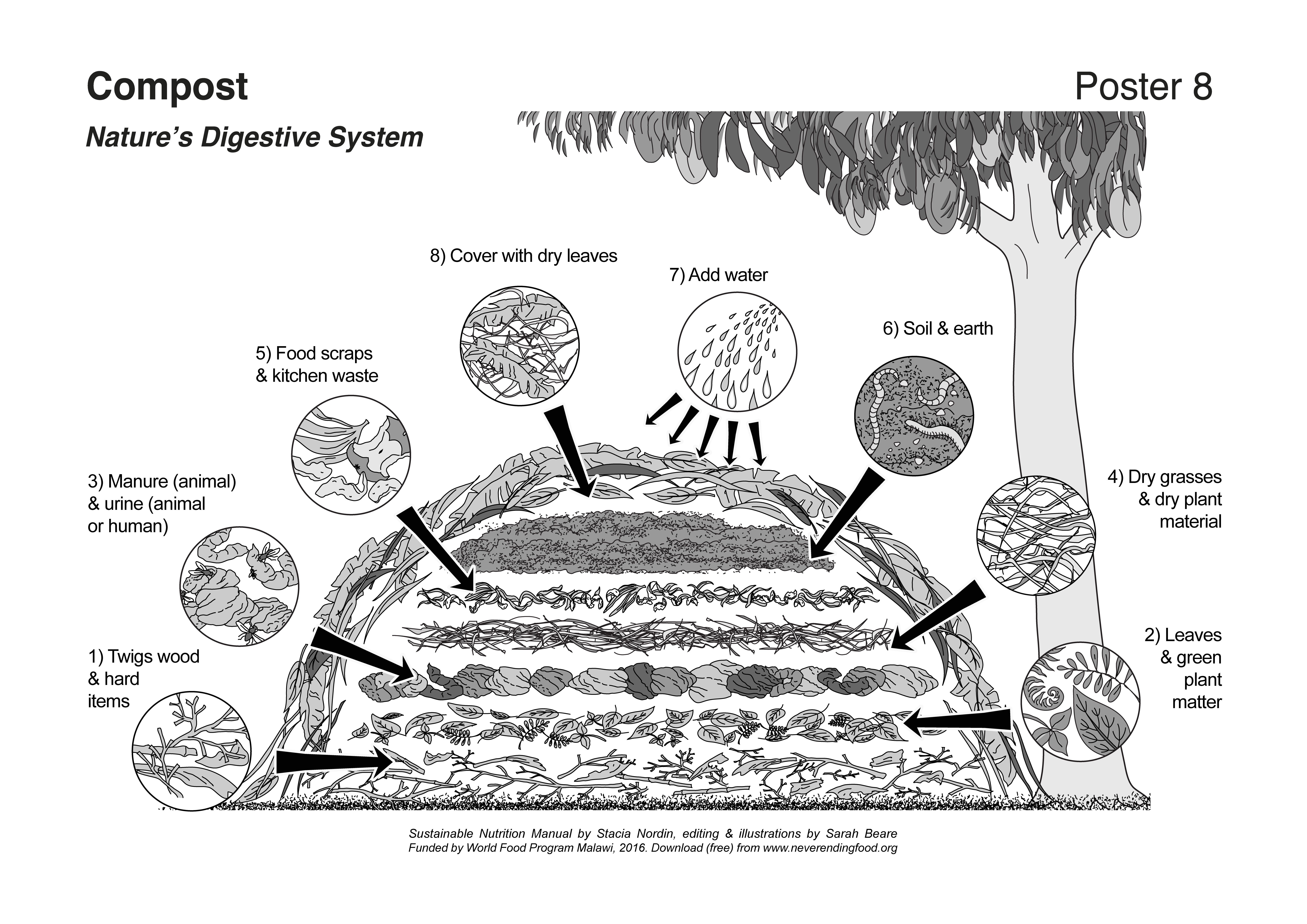
The more nutrient-rich materials that you use, the more likely it will be that your plants will get the diversity of nutrients needed for proper growth and development. As you layer the pile, you should add some water for moisture. When the pile is complete, you can also cover the pile with grass or large leaves to prevent the pile from drying out too quickly.
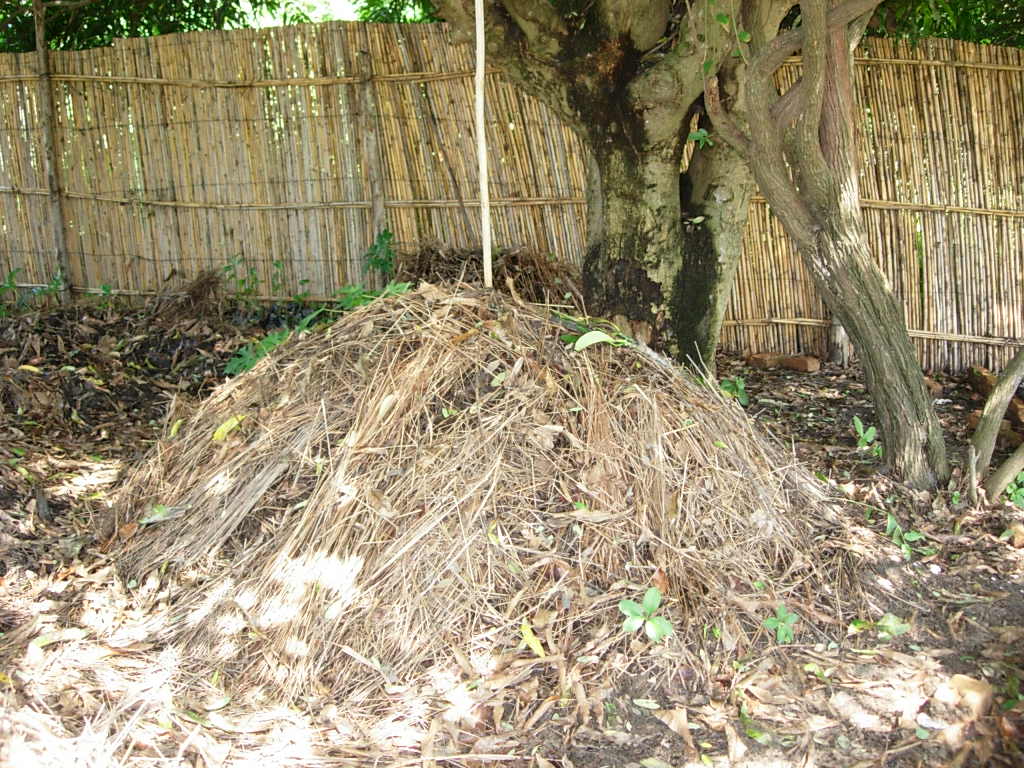
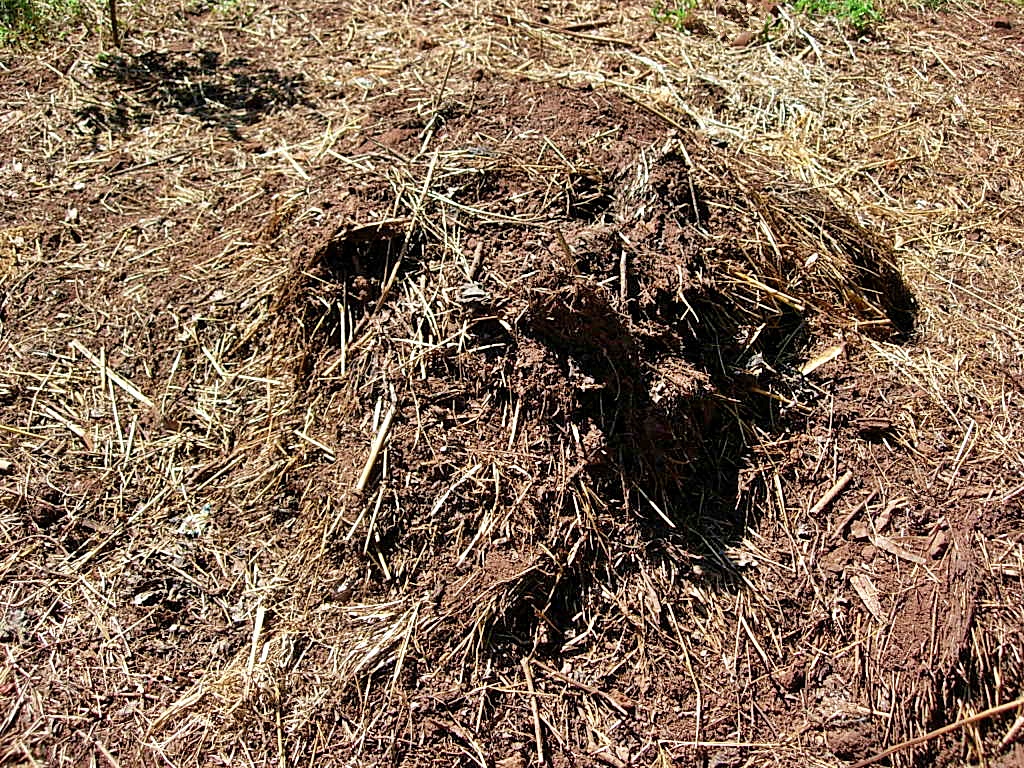
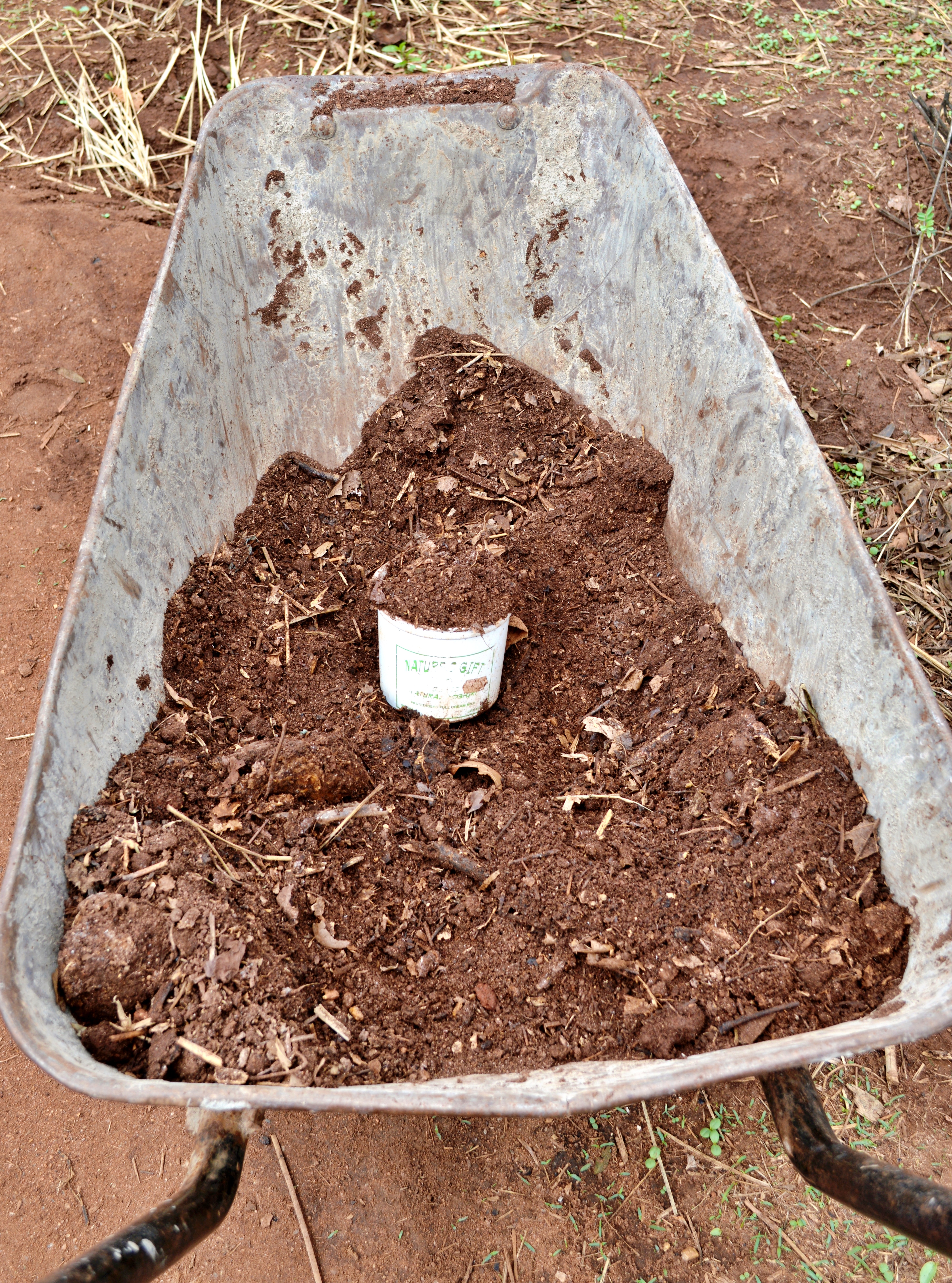
We often stick a wooden pole into the middle to act as a ‘thermometer’ to test whether or not the pile is heating up and working properly. You can pull this stick out of the pile after about a week and it should feel warm to the touch. If it’s not warm, this could mean that the pile is too wet, too dry, getting too much air, or too little air. If this happens, you can turn the pile over in layers and rebuild the pile. Normally, we turn a healthy compost pile after about three weeks (adding more water as needed), and in another three weeks it is ready for use. By building a new pile every three weeks, we have one we are building, one we are turning, and one we are using.
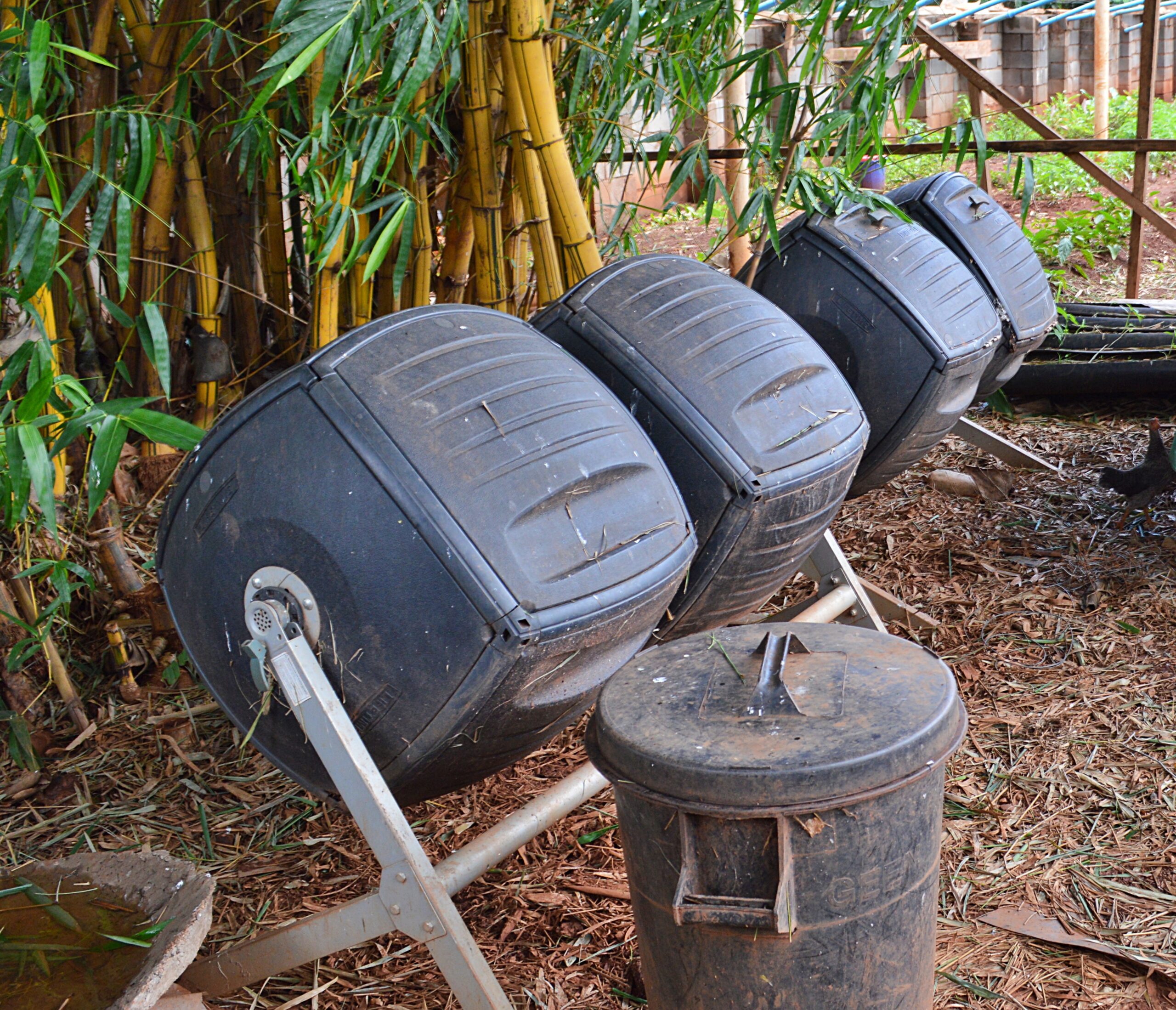
A great deal of organic matter in Malawi is wasted due to poor resource management. Some of it gets mixed with plastics and buried in the ground, and many more resources simply go up in smoke when people burn organic matter in markets or around homes. If these resources were converted to compost, it would help to feed the soil, reduce the amount of money spent on synthetic fertilizers, and rebuild the soil structure (which helps to prevent floods and droughts).
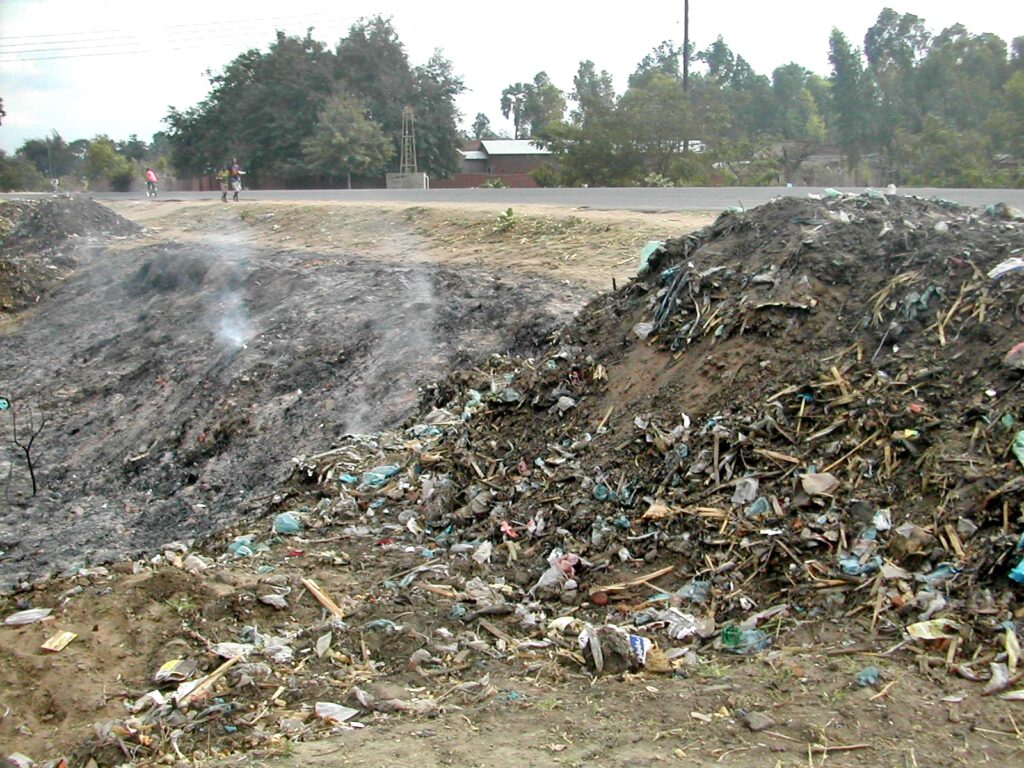
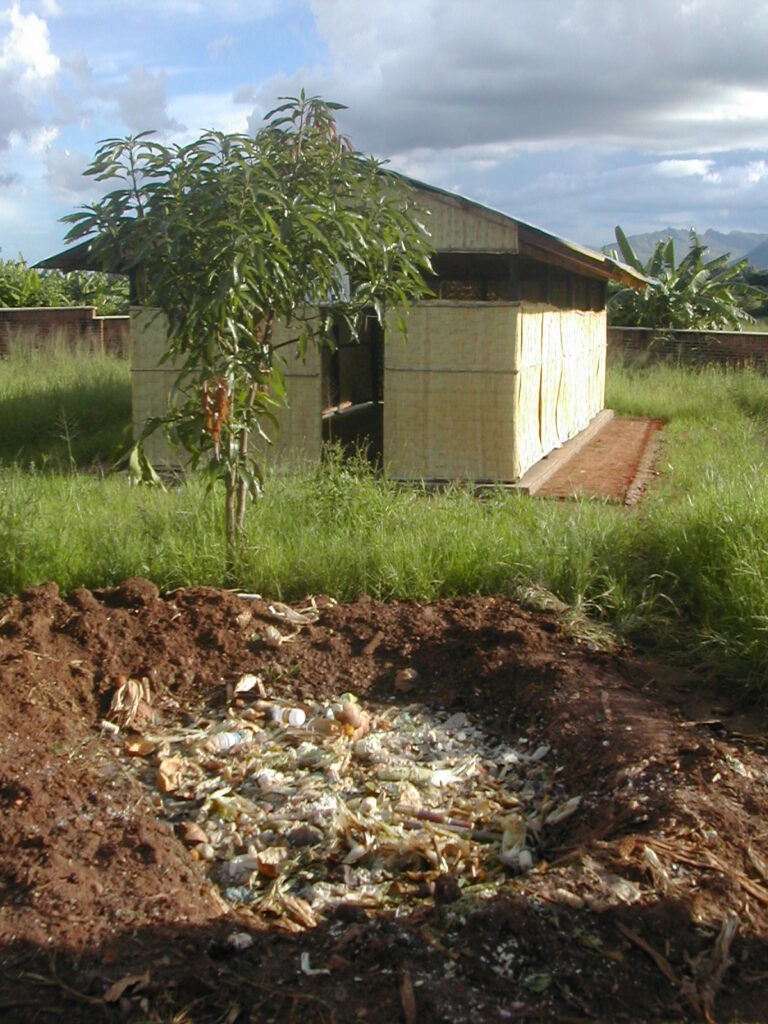
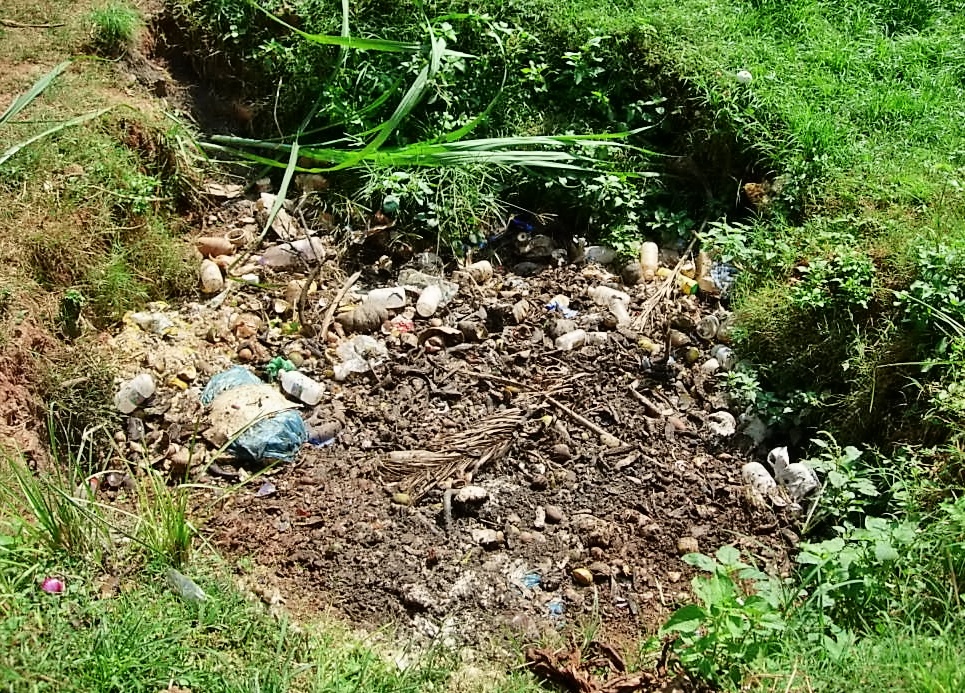
If you are not already making and using compost, give it a try! It is a simple, safe, and cheap way to feed your soil and improve the health of your ecosystems. With a little practice, you’ll quickly become a pro!

All donations go directly towards helping to spread Permaculture solutions throughout Malawi. Every little bit helps, and even a little can go a long way!
